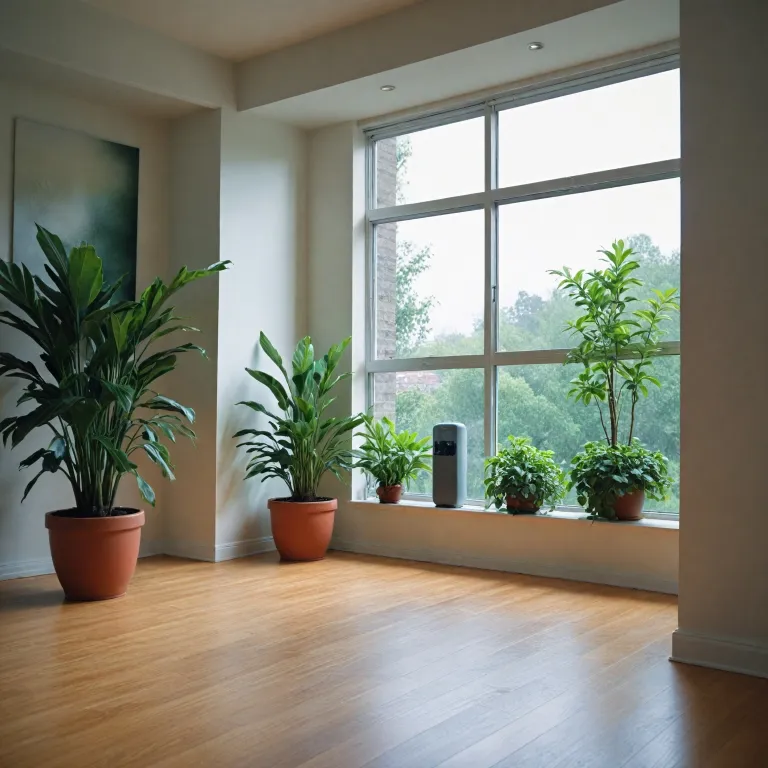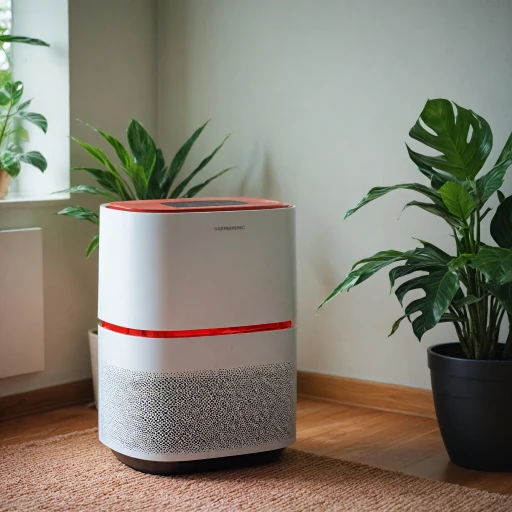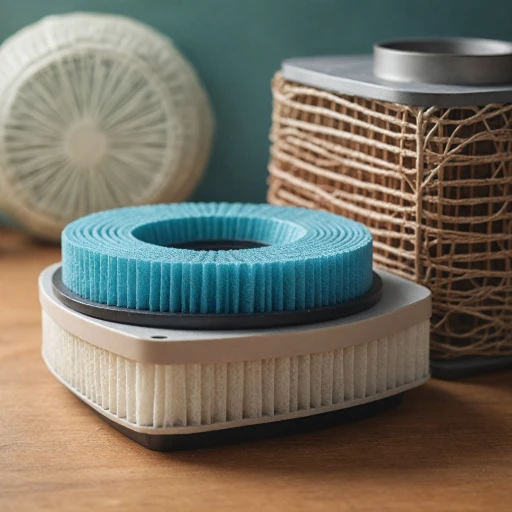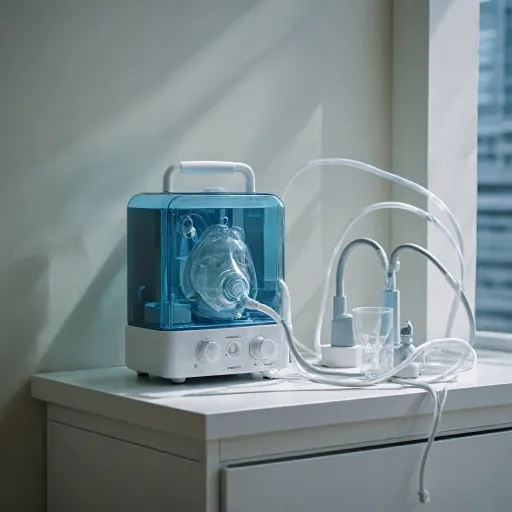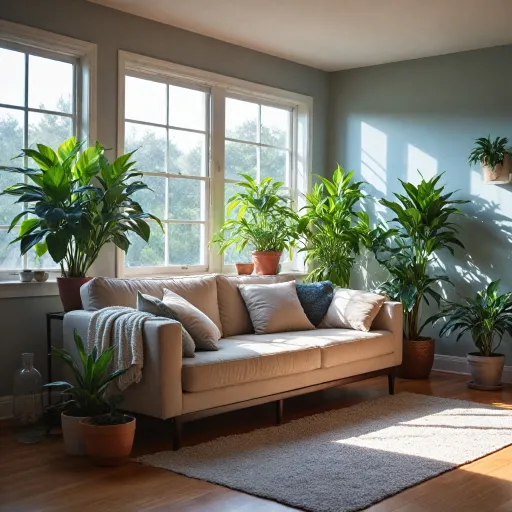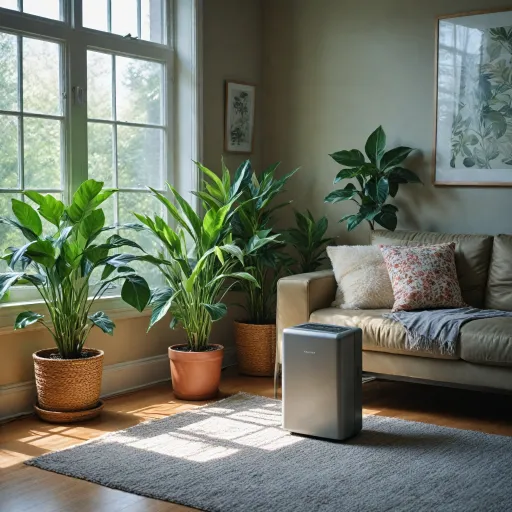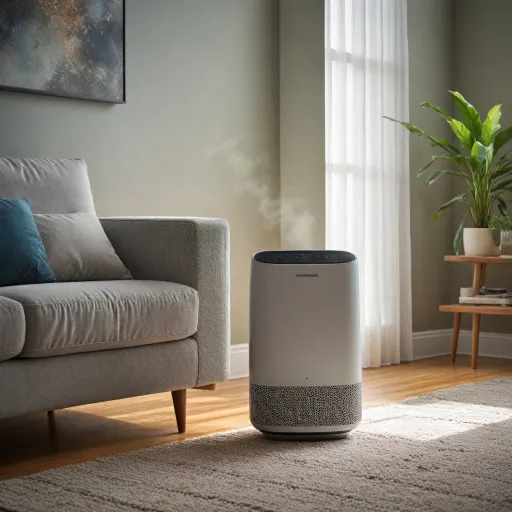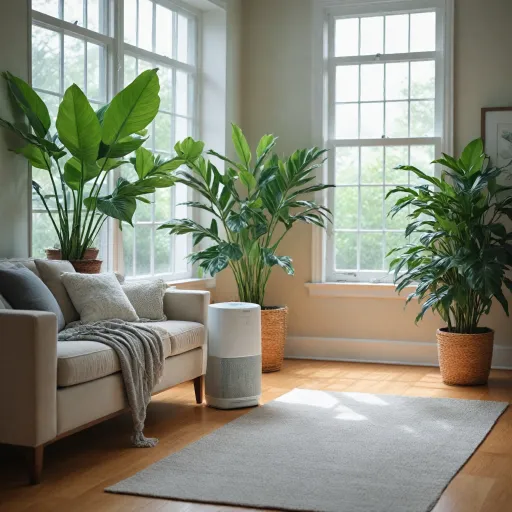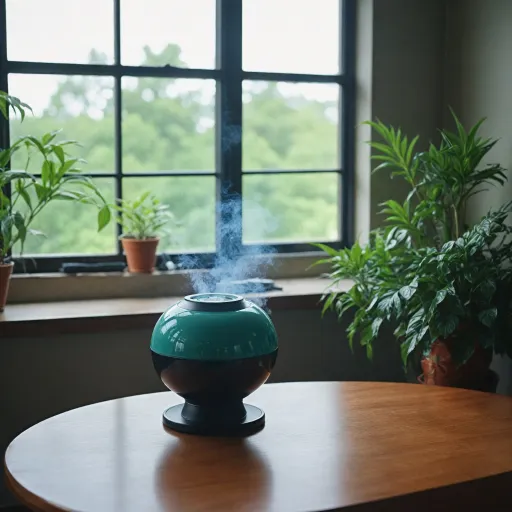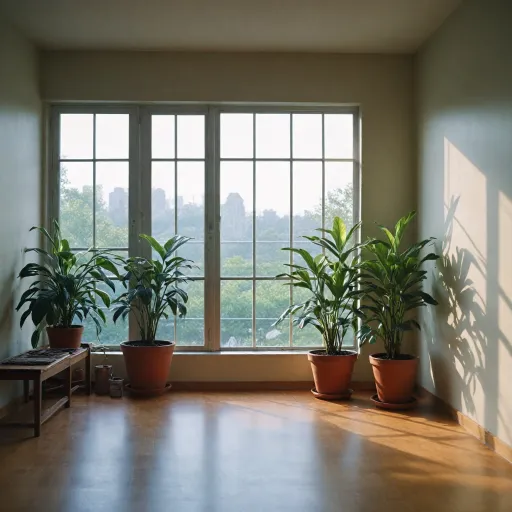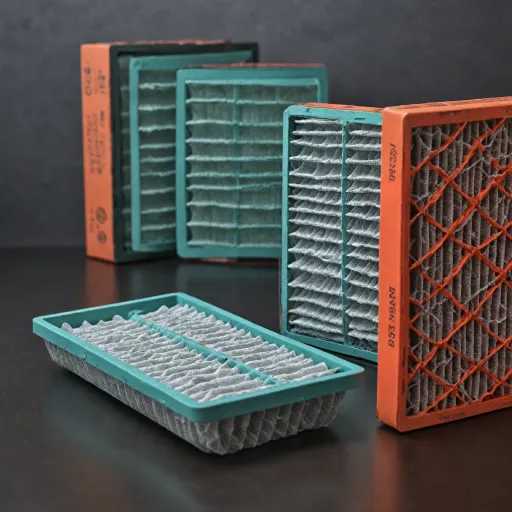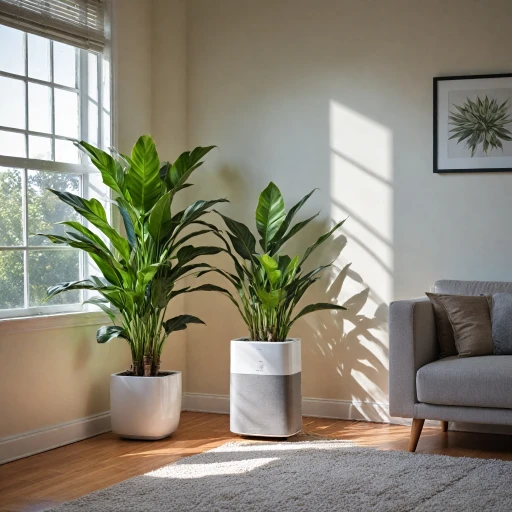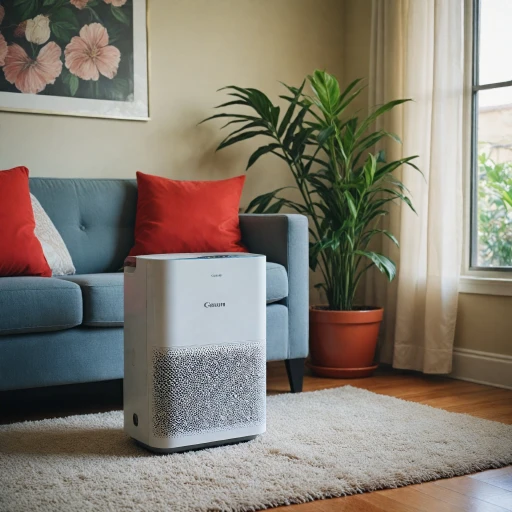
Understanding UV Air Sanitizer Systems
How UV Light Enhances Air Quality in Homes
In today's world, the importance of maintaining a healthier indoor environment has gained substantial attention. One emerging technology that has been widely integrated into heating and air conditioning systems is the UV air sanitizer system, which uses ultraviolet (UV) lights to purify air. These systems are usually installed within HVAC setups to treat the air passing through the purification unit, effectively improving the air quality within the home.
UV air sanitizers are designed to target and destroy pathogens such as bacteria, viruses, and mold spores, which contribute to poor indoor air quality. By installing these systems, homeowners can significantly reduce the presence of harmful contaminants, thus promoting a cleaner and healthier environment. Incorporating a UV light into your heating and cooling system can drastically enhance air purity and provide peace of mind.
Moreover, with the right installation and regular maintenance, UV air purifier systems offer a reliable solution for ongoing air purification needs. Quality services from professionals can assist in the seamless installation and maintenance to ensure your air quality system works optimally. For more information on how these systems can be integrated into your HVAC network, you may consider scheduling a service or request further assistance.
If you're wondering about how often these systems should be running to maintain optimal performance, consider checking out this guide on the optimal running duration for your air purifier.
Benefits of Installing a UV Air Sanitizer System
Advantages of Bringing UV Air Purification into Your Living Space
Exploring UV air sanitizer systems significantly unveils a variety of benefits that give your indoor environment the healthy boost it needs. Air quality is a critical aspect of your home, and these systems are particularly effective in improving that. By integrating UV lights into your HVAC system, your living area can transform into a cleaner, healthier space.- Enhanced Air Quality: UV systems work remarkably well in eradicating harmful microorganisms and pollutants. As part of your HVAC system, they neutralize bacteria, viruses, and mold spores, ensuring that these contaminants are diminished before they circulate your indoor space.
- Efficient HVAC Performance: Including a UV air sanitizer can also elevate the performance of your existing heating and cooling systems. By keeping the coils and other components cleaner, they perform more effectively, leading to potential savings in energy costs.
- Healthier Home Environment: With better air quality, you might notice fewer allergy symptoms and respiratory issues. This advantage is crucial for homes with occupants who suffer from existing health conditions or sensitivities.
- Minimal Maintenance Needs: Once installed, UV air purifiers require little upkeep. Regular checks might be necessary to ensure optimal operation, but these are minor when compared to the substantial benefits provided.
- Silent Operation: Unlike other air cleaners and purifiers that might create noise, UV air sanitizers function quietly. This ensures that you enjoy cleaner air without disturbances in your daily activities.
Choosing the Right UV Air Sanitizer System
Determining the Suitable UV Air Sanitizer for Your Needs
Choosing the right UV air sanitizer system is essential to ensure optimal indoor air quality. A system that aligns with your specific requirements can make the difference in having an effective air purification experience. Here’s how to make a well-informed choice:- Comprehend Your Current HVAC Setup: It's crucial to understand how air circulates within your space. Your existing HVAC system plays a big part in the selection of an air sanitizer. A thorough knowledge of the system’s heating and air conditioning capabilities will guide the integration of an air purifier that complements your setup.
- Consider Space and Efficiency: Consider the space you need to purify. Larger areas will require more robust systems, whereas smaller spaces may efficiently harness compact units. Tailoring your selection to the space ensures that the purifier installation process is seamless, contributing to a healthier indoor environment.
- Analyze the Intensity of UV Light Required: UV air sanitizers employ UV lights to eliminate germs and pollutants. Depending on your indoor environment's needs, select a model with the appropriate light intensity to ensure cleaner air without compromising safety.
- Check Compatibility with Existing Systems: Confirm that the new air sanitizer is compatible with your current heating, air conditioning, or plumbing systems. Some air sanitizer systems may necessitate additional installation services to fully integrate with the current heating cooling infrastructure.
- Evaluate Maintenance Needs: Every air cleaner has varying maintenance services and costs. Consider a system with manageable upkeep that matches your capacity to ensure longevity and optimal performance over time.
- Expert Consultation for Tailored Solutions: Engaging with professional HVAC service providers can be invaluable. Experts can assist in assessing your needs, recommending appropriate systems, and ensuring a quality installation, resulting in healthier indoor air quality.
Professional Installation Services
Engaging Professional UV Air Sanitizer Services
Investing in a UV air sanitizer system can significantly enhance your indoor air quality, ensuring a healthier environment for you and your loved ones. When it comes to the actual installation, opting for professional services is crucial to maximize the efficiency and longevity of your system. Here are several reasons why professional assistance should be part of your purifier installation plan:
- Expertise and Experience: Professionals bring a wealth of knowledge in air conditioning, heating cooling systems, and air purifiers. Their expertise ensures that the installation process is handled with precision, avoiding potential mishaps or the need for frequent repair.
- Optimized System Integration: A qualified service provider will evaluate your existing HVAC system, ensuring seamless integration of the UV lights with your current air conditioning and heating system. This facilitates efficient air purification and air quality improvements throughout your indoor environment.
- Quality Assurance: Professional services guarantee that each component of the sanitizer installation—from the air purifier lights to the indoor air sanitation system—is optimized for performance. This assurance not only improves air quality but also extends the lifespan of your equipment.
- Compliance with Safety Standards: Professional installers comply with all relevant safety codes and regulations during the installation process. This minimizes the risk of issues relating to plumbing or electrical components, safeguarding the integrity of your HVAC system.
- Customized Solutions: By evaluating your specific needs, professionals can tailor their installation approach to meet your unique air quality requirements, whether through strategic light placement, custom purifier configurations, or supplementary services like heating air conditioning improvements.
Ultimately, while the installation might seem straightforward, the benefits of entrusting the task to professional service providers are evident in the enhanced performance and reliability of your air system. When planning your installation, consider reaching out to a trusted provider to discuss your options, schedule service, and request an estimate for achieving cleaner, healthier indoor air.
Maintenance and Care Tips
Key Tips for Ongoing Maintenance and Care
When it comes to maintaining the peak performance and longevity of your UV air sanitizer system, regular care and attention are essential. Here are some vital tips to help maintain your system and ensure it continually provides cleaner and healthier indoor air.- Regular Inspection: Schedule services regularly to inspect the UV lights and ensure they’re functioning properly. Replacing the UV light bulbs every 12 months is often necessary, as their effectiveness diminishes over time.
- Filter Changes: Just like with air purifiers and HVAC systems, the air filters within your heating or cooling system should be replaced or cleaned frequently, usually every 3-6 months, depending on your specific setup.
- Check for Dust and Debris: Keep the area around your air sanitizer, HVAC, or air conditioning units free from dust and debris that might obstruct airflow or damage other critical components.
- Professional Services: Engage the services of an experienced HVAC technician or purifier installation expert for routine maintenance. These professionals can offer quality services to inspect and service your entire system, including the heating cooling operations and plumbing components.
- System Testing: Regular testing is crucial for ensuring that the air sanitizer installation is continuously providing quality air. Some systems allow for simple tests that you can conduct, while others might require professional intervention.

